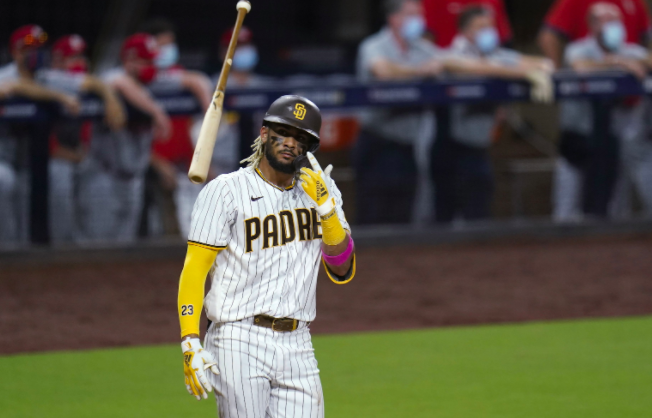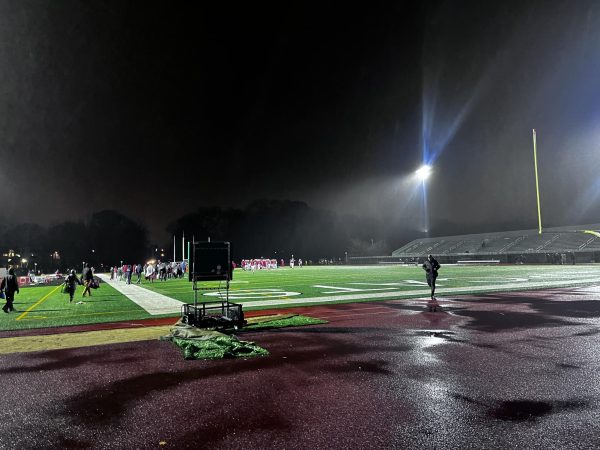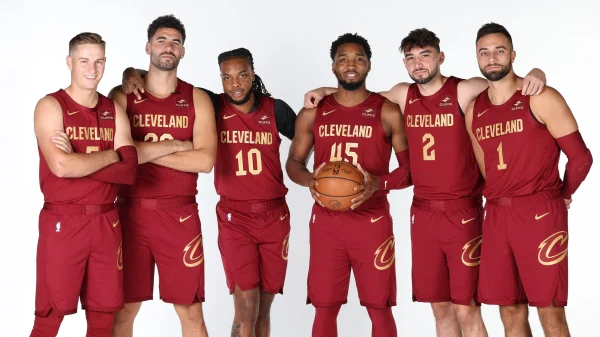Major League Headaches? The Modified 2020 MLB Season
The introduction of the new Major League Baseball (MLB) format for the 2020 postseason led to a sharp division within the baseball community as a whole. With the lockdown caused by the COVID-19 pandemic, Major League Baseball was forced to adapt, a notion that is often frowned upon by baseball purists. As many know, the season was shortened from the cliche “marathon” of a 162-game season to a relative sprint at only 60 games. However, while this season may seem to many as if it will be undemanding on the endurance of a player, it is instead a challenge for players to adapt to this new season. In this 60-game season, there has been a 22% increase in injuries, even while teams are only playing 37% of the 162 game schedule that has been a mainstay in the baseball world since its inception in 1961.
This spike in injuries can be attributed to the shortened preparation period for the season, and a greater number of games in a shorter time frame, problems which mainly affect pitchers. Spring training, the nearly two-month-long ramp-up period for pitchers, was abruptly cut short in early March, and these pitchers were unable to return to organized team practices until July, where there was only a heavily-abbreviated “summer camp,” where pitchers were expected to get into shape in only a fraction of the time. As the season began, over a hundred pitchers went down with injuries within the first month, and many top arms were sidelined. However, despite these pitching injuries, the offensive production across the league has gone down, indicative of their lack of ability to hit against top-tier pitching during the quarantine period, and in general, the quality of play was hurt this year by a confluence of injuries and an inevitable lack of preparedness.
Although the quality of play slightly decreased for the 2020 MLB season, the regular season itself was noticeably more enjoyable than a typical regular season. Firstly, each game was worth 2.7 games of a normal season, and while in a normal season viewers often feel that singular games are worth little, this season made each game feel as if it had large implications. Even late in the season, nearly every division was only separated by a couple games, and since a majority of the season was played against division opponents, these late season contests felt like playoff games, where a loss would have the possibility of draining a team’s hopes for the season. Also, many late-season matchups in a normal MLB season have no worth, as both teams have no chance of making the playoffs, but in 2020, there were almost none of these games. Not only did games have more weight, but there were more games that had meaning. In addition, teams that many considered to have no shot of contention in a 162-game season were now able to make a playoff push, as the size of the playoffs was doubled from 8 to 16, and as any baseball fan knows, any team can win in the playoffs. Normally, the sheer size of the season leads to the clear contenders easily pulling ahead, but in 2020, any team could have a strong 60-game stretch and make the playoffs. The Blue Jays for example were viewed by many as a lower-caliber team with high entertainment value with up and coming stars Cavan Biggio, Bo Bichette, and Teoscar Hernandez, but in 2020, these lower-tier teams were able to make the playoffs, in turn leading to a less predictable, more entertaining playoff product.
The playoffs themselves began last week, and as many Cleveland sports fans know, it began with the familiar disappointment by the Cleveland Indians, being swept 2-0. That sentence feels wrong, as in any series a team usually must lose at least 3 games to lose, but alas, 2020 changes another perceived permanency of the world. A theme of baseball through the years has always been consistency and the belief that teams could not simply luck their way to the World Series and the playoffs in general. However, the introduction of the 2020 season has led to the first round of playoffs (Wild Card Series) to rely less on talent and more on luck. To many, this has tainted the authenticity of the playoffs, as a team who clearly possesses the superior talent, in this case, the Chicago Cubs, was able to be upset by the Miami Marlins, who were called “bottom-feeders” by the Philadelphia broadcast team during the regular season. The younger, more progressive baseball crowd has embraced this randomness, however, and these upsets have been refreshing to the baseball playoffs, which have not contained these Miami-esque upsets for decades.
The question that remains is whether or not Major League Baseball will keep the adjusted postseason format into the 2021 season. The vast majority of baseball fans have come out against this idea and for good reason. Many baseball reporters, such as ESPN’s Jeff Passan, have questioned whether the integrity of the 162-game season will remain. If the playoffs remain at 16-teams, then many teams may not feel the same need to consistently perform over the course of six months, and the regular season may lose much of the importance that was placed on it in the past. Despite the harmfulness of this change, the MLB seems intent on putting this into place. If 8 more teams make the playoffs and a minimum of 16 more playoff games are played, the MLB will make millions of more dollars, and from strictly a business standpoint, this change would be an obvious move to make. This begs the question, should sports leagues operate for the betterment of their sport, or should they instead operate with the primary intention of profit?









